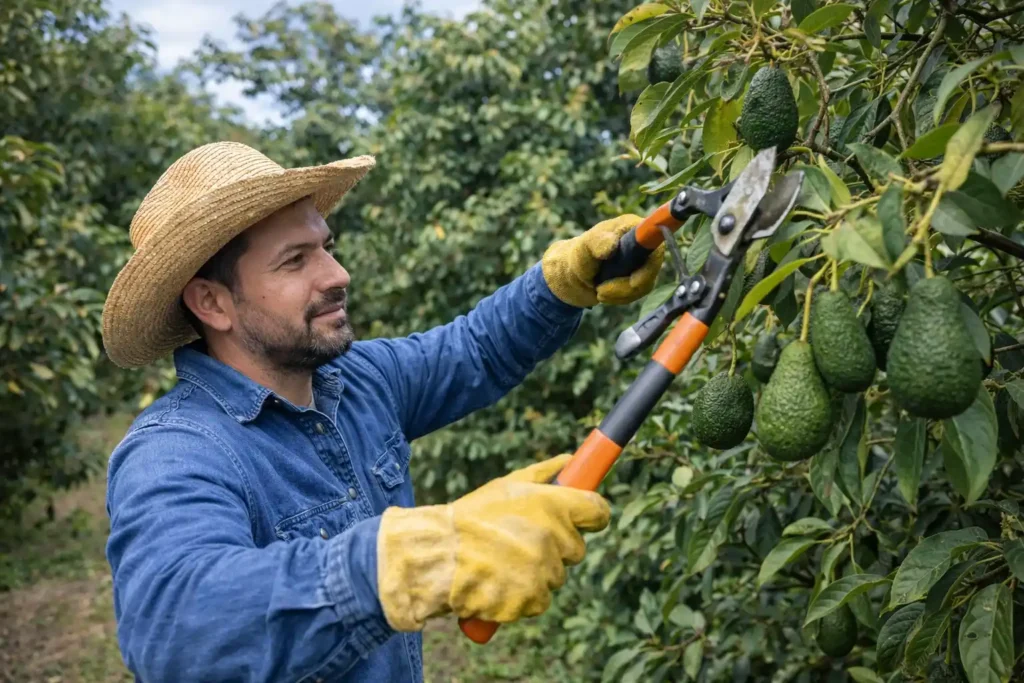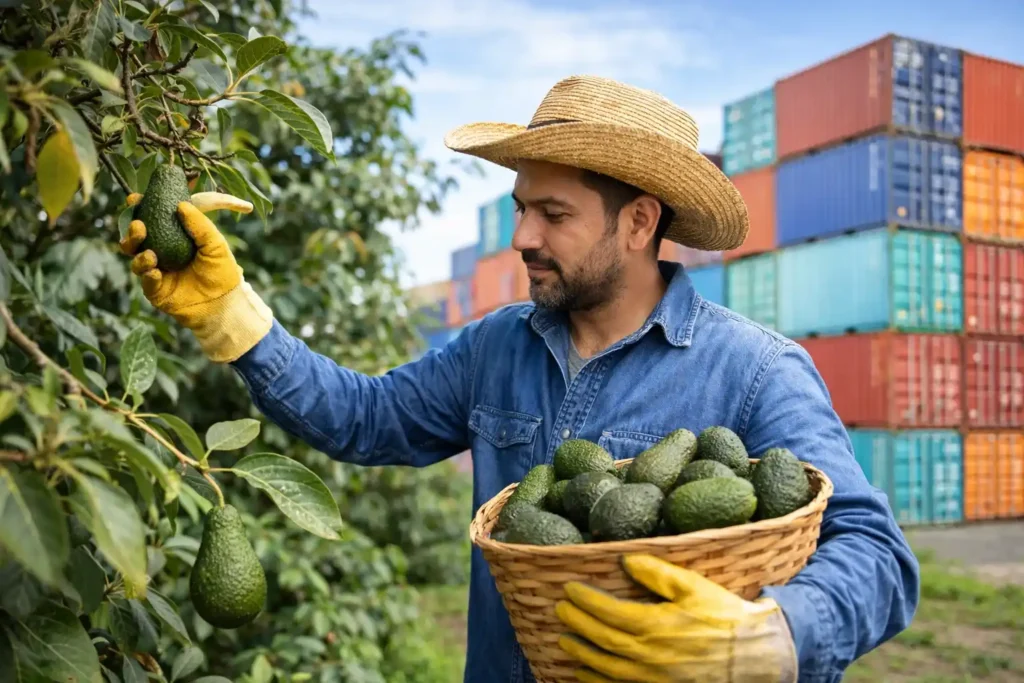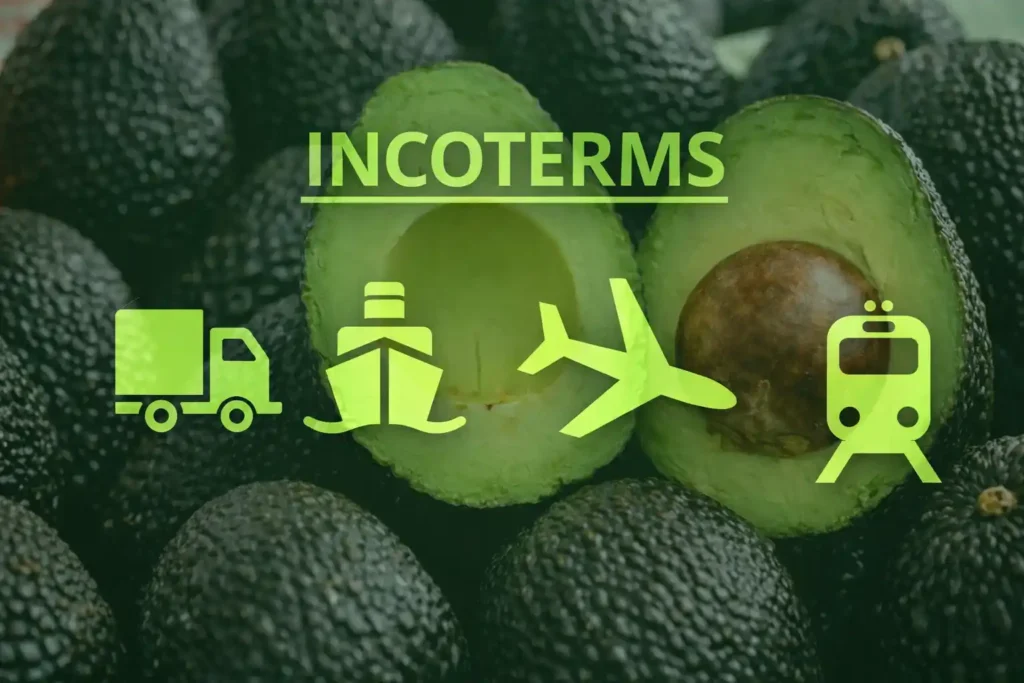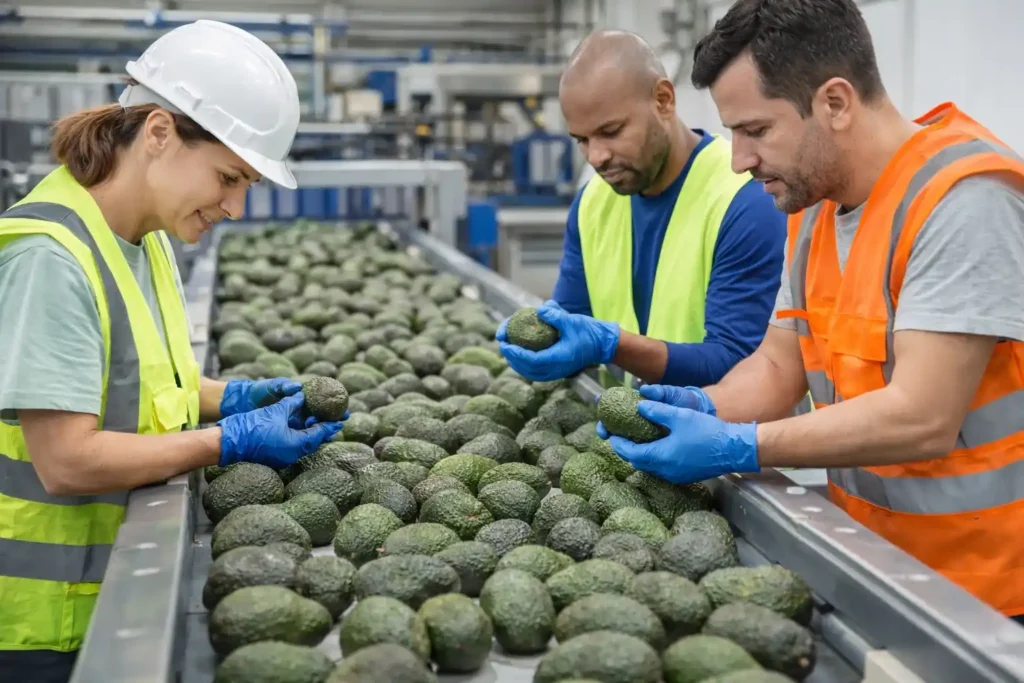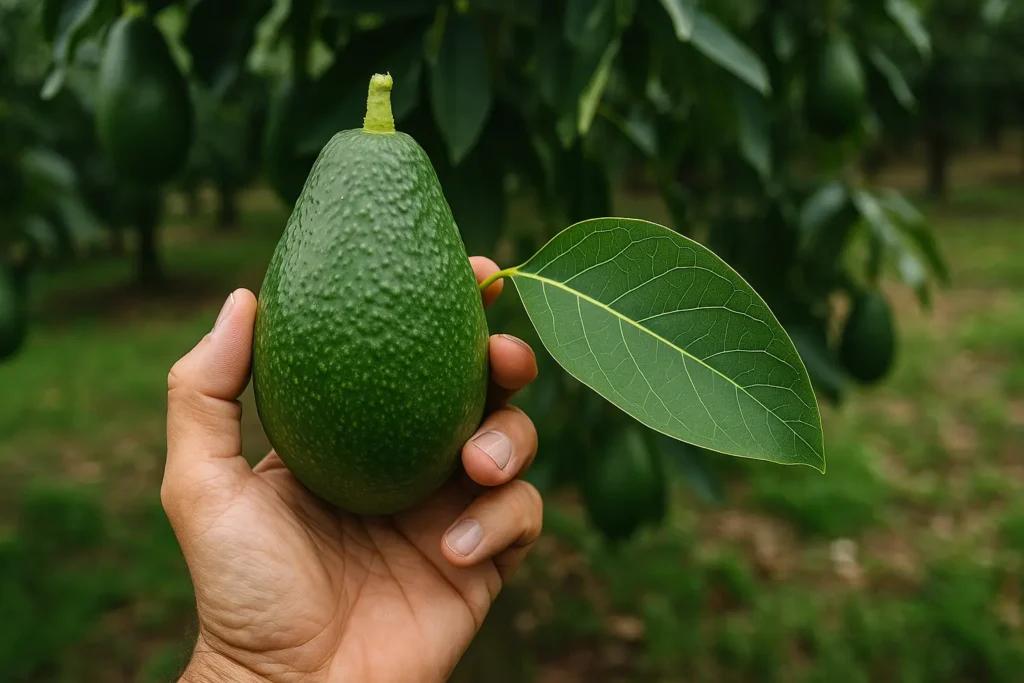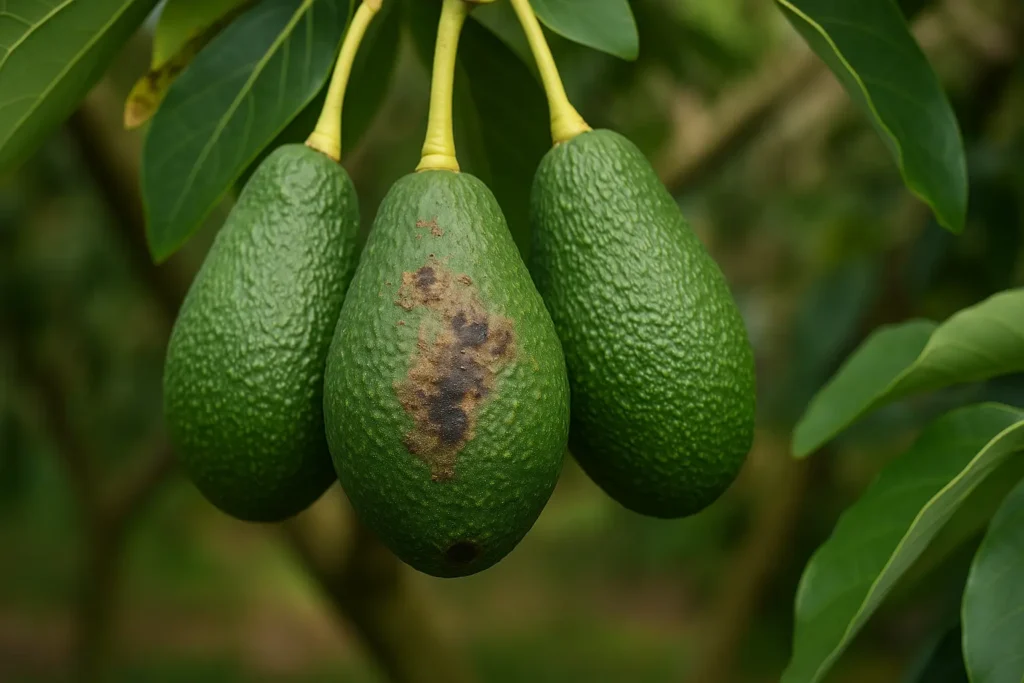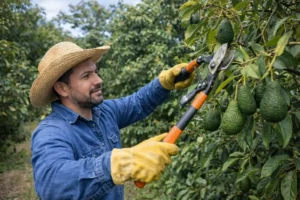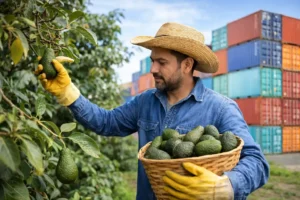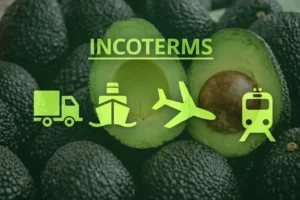Hass avocado is one of the most valued varieties worldwide thanks to its flavor, texture, and high content of healthy fats. However, to obtain high-quality fruits and maximize crop productivity, it is necessary to apply proper agronomic management of Hass avocado. In this article, we will explore in detail the main practices of agronomic management, from soil preparation to export.
What is Agronomic Management of Hass Avocado?
The agronomic management of Hass avocados encompasses a set of essential practices designed to optimize the growth, development and yield of the crop, guaranteeing high-quality fruits. These practices include soil preparation and planting, adequate irrigation and fertilization, pest and disease control, as well as meticulous harvesting and post-harvesting.
In addition, factors such as export and quality maintenance are essential to ensure that Hass avocados meet the standards required in national and international markets. Below, we will delve into each of these.
Practices in the Agronomic Management of Hass Avocado
1. Soil Preparation and Planting
This is the first step to ensure a healthy and productive crop. It is recommended to perform a soil analysis prior to planting, evaluating the texture, structure and chemical composition.
Characteristics of the Ideal Soil for Hass Avocado
- Texture: Sandy loam soils with good drainage.
- Optimal pH: Between 5.5 and 6.5 for optimal nutrient absorption.
- Organic matter: Incorporation of compost or manure to improve water and nutrient retention.
Planting Techniques
A well-planned planting guarantees vigorous growth and high production, as it allows for optimised root development, improved nutrient absorption and reduced risk of disease.
- Planting distance: 7 x 7 meters for adequate root development.
- Sowing on terraces or hills: Prevents waterlogging and improves root oxygenation.
- Use of windbreaks: Protects crops from damage caused by strong winds.
2. Irrigation and Fertilization
Efficient irrigation and adequate fertilization are essential to achieve a productive and sustainable crop.
Irrigation of Hass Avocado
The agronomic management of Hass avocado requires an efficient irrigation system to ensure optimal crop development. Drip irrigation is one of the best options, as it allows water to be distributed evenly, optimizing its use and reducing waste.
- Irrigation frequency: Young trees should be watered every 2-3 days in the dry season, while adult trees should be watered weekly, adjusting according to soil moisture.
- Avoid puddles: Excess water can cause root rot.
Fertilization Plan
An adequate fertilization plan is necessary in the agronomic management of the Hass avocado, since it must be adjusted to the needs of the tree at each stage of its development.
- Main nutrients: Nitrogen (N), which promotes vegetative growth; phosphorus (P), for root development; and potassium (K), which improves flowering and fruit quality.
- Foliar analysis: The implementation of foliar and soil analysis allows monitoring the nutritional status of the crop and adjusting fertilizer doses to maximize productivity without affecting soil sustainability.
3. Pest and Disease Control
One of the biggest challenges in the agronomic management of Hass avocado is protection against pests and diseases that can affect production.
Main Pests and Their Control
Among the most common pests is the bone borer, which is combated by using pheromone traps and biological controls that reduce its spread without affecting the ecosystem. Another frequent pest is the red spider, whose control is based on the application of organic acaricides and increasing relative humidity, strategies that help minimize its impact on the crop.
Common Diseases
- Root rot (Phytophthora cinnamomi): This disease affects the root system of the Hass avocado, weakening the tree and reducing its ability to absorb nutrients. To prevent it, it is recommended to use resistant rootstocks and proper irrigation management to avoid excess moisture in the soil.
- Anthracnose: It is a fungal disease that causes dark spots on the fruits and leaves, affecting their quality and development. Its control includes the application of organic fungicides and the implementation of sanitary pruning to improve the ventilation of the tree and reduce the spread of the fungus.
Constant monitoring of the crop allows any anomaly to be detected in time and appropriate control measures to be applied.
4. Harvest and Postharvest
Hass avocados should be harvested at their optimum point of ripeness, when they have reached the appropriate size and oil content.
Harvest Criteria
- Physiological maturity: Determined by oil content (minimum 23%).
- Suitable size: Depending on the demands of the export market.
Post-harvest quality control
Each avocado goes through a rigorous quality control, where the following are evaluated:
- Uniform weight and size.
- Absence of mechanical damage or disease.
- Compliance with export standards.
To ensure the freshness and quality of the fruit, it is recommended to maintain a controlled cold chain between 5°C and 12°C during storage and transport, thus avoiding deterioration and prolonging its shelf life. If you want to know more about its importance and operation, we invite you to read our specialized article: What is the Cold Chain?
5. Exportation of Hass Avocado
The Hass avocado is exported to different international markets, complying with strict Food safety and quality certifications.
Main Certifications
- GlobalG.AP: Ensures good agricultural practices.
- HACCP: Food safety certification.
- Organic Certification (depending on destination): Ensures production without synthetic agrochemicals.
The agronomic management of Hass avocado is a complex process that requires technical knowledge, planning and sustainable practices to ensure efficient and profitable production. From soil preparation to export, each stage directly influences the quality of the fruit.
Discover the Best Quality in Hass Avocado with Fruty Green!
At At Fruty GreenWe apply the best practices in the agronomic management of Hass avocados to guarantee a high-quality fruit, with the flavor and freshness that the market demands. Learn more about our process and products.

